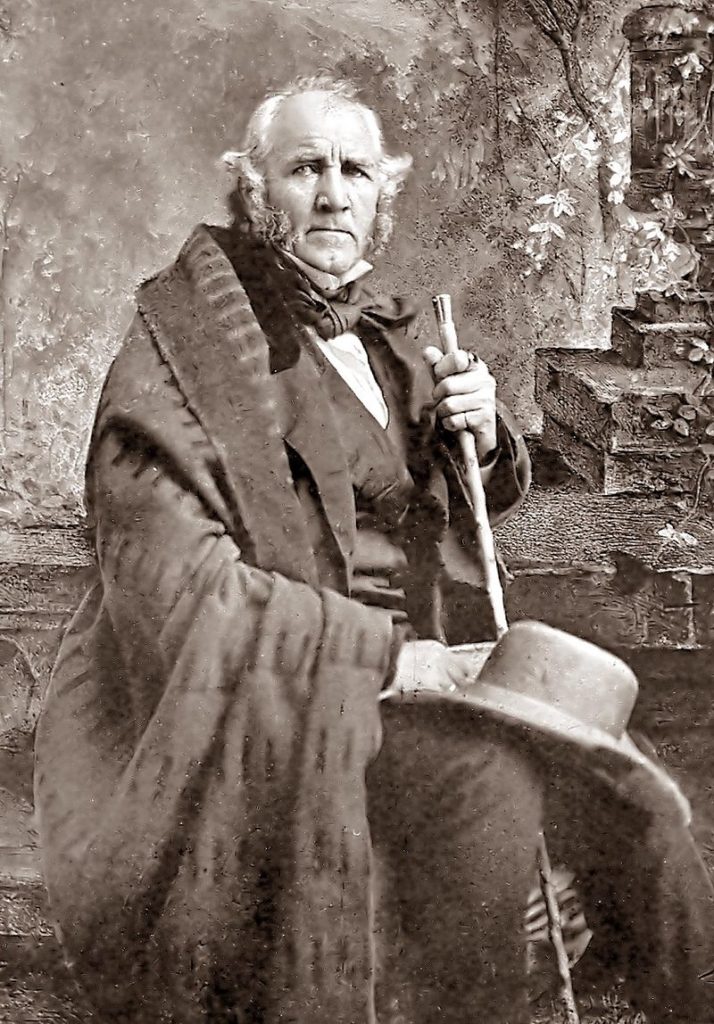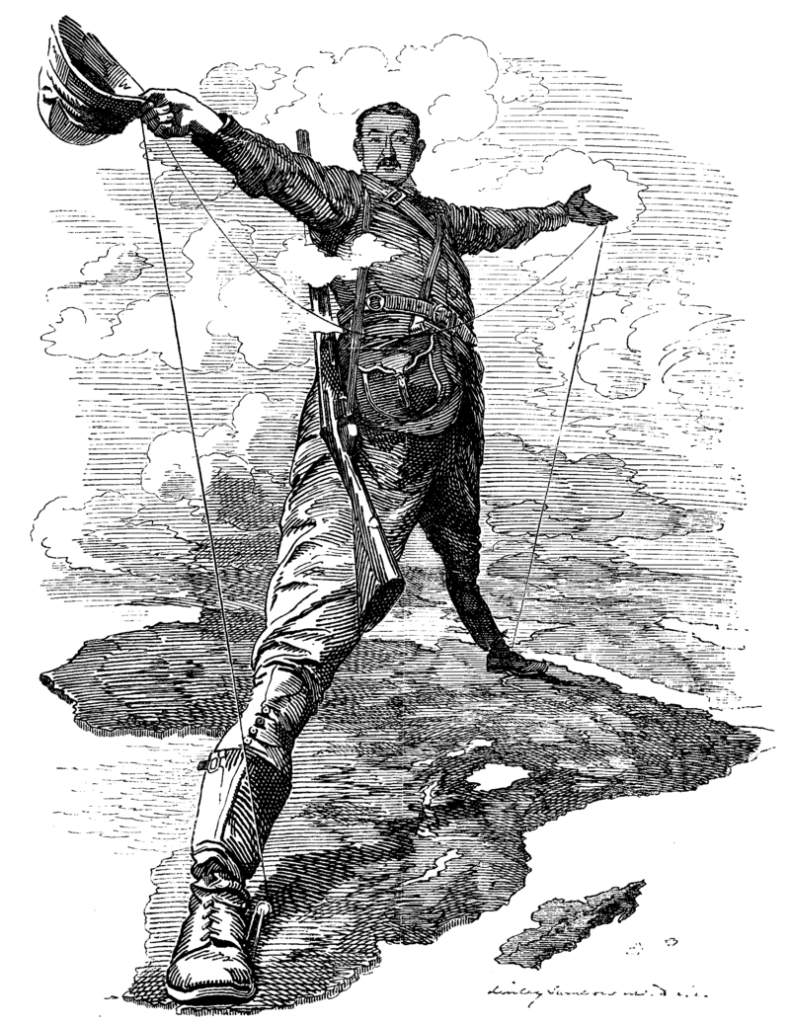In honor of Texas independence day, I thought I’d reveal a little known fact about the legendary history of our state. Most people know that Texas was once its own country. Between 1836 and 1845 we were the Republic of Texas. But most people don’t know that we were never supposed to be our own country.
In 1836, when Texas won its independence from Mexico, most Texans wanted to join the Unites States. Sam Houston, the first regularly elected president of Texas, actually sent representatives to Washington D.C. to negotiate annexation with the Van Buren administration. Why would Texas, after fighting so hard to gain independence from one nation, seek to be annexed by another? The big reason was that the U.S. could provide protection, both military and economic, for the new territory.

Sam Houston in 1861. Source: Wikimedia Commons.
The threat of renewed conflict with Mexico loomed over the newly established nation. Also, Great Britain, at that time the world’s biggest colonial power, was circling Texas like a vulture. The British had extended their commercial tendrils to most of Latin America, investing heavily in infrastructure and industry. By allowing these countries to rack up heavy debts, Britain exerted great influence over them and basically was able to call the shots those country’s affairs. Britain was like the Godfather of Global trade. A fledgling nation like Texas, with tons of debt, no banking industry, little infrastructure and without even the ability to effectively mint currency, was a prime target for British commercial interests.
So there were a lot of reasons why it was best for Texas to join the U.S. But when Sam Houston sent delegates to Washington D.C. in 1836 to propose annexation, they were shut down. The U.S. had been interested in annexing Texas since the Louisiana Purchase in 1803 and had attempted multiple times to purchase Texas from Mexico during the 1820’s. But by 1836 Texas had become a political hot potato. First off, annexing Texas would provoke war with Mexico, second, it would add another slave state to the union, upsetting the balance between slave and free states first established by the Missouri Compromise in 1820 and carefully maintained ever since.
War with Mexico alone would probably not have been a deal breaker. Mexico had been in a state of political chaos since the Texas Revolution and was unlikely to put up much of a fight if Texas was annexed. The big issue was slavery. It was an extremely contentious issue in the first half of the 19th century. When Missouri was annexed in 1820 and the prospect of expanding the institution of slavery to new territories came up, a vicious debate erupted over Congress’ ability to limit slavery. To give you an idea of how epic the battle between abolitionists pro-slavery factions was, Thomas Jefferson described it as ” like a fireball in the night” and John Quincy Adams noted in his diary “take it for granted that the present is a mere preamble- a title page to a great, tragic volume”. The threat of civil war loomed and nobody wanted to stoke the fire.

The Rhodes Colossus—Cecil Rhodes spanning “Cape to Cairo” . Source: Wikimedia Commons.
So Texas was left to fend for itself. Houston withdrew the offer of annexation in 1838. Predictably, the next place Texas went to for support was Great Britain. Who could blame them? Access to British foreign markets would drastically boost trade and help Texas pay off its crippling debts. At first the Brits were not very interested in Texas, partly because the young nation had slavery, an institution which Britain had made it its mission to eradicate, and partly because they were already intimately involved with Mexico and didn’t want to sour trade relations with that country. However, as Mexico proved unable to settle its own foreign debts due to political upheaval, Parliament began to take more interest in the Lone Star Nation. Supporting Texas would have been beneficial to them in a few ways. For one, since Texas was a small, newly established nation they would be able to make profitable trade agreements much like they had with many developing Latin American countries. Texas was a big producer of cotton, which the British textile industry needed. Also, Texas could serve as a buffer between Mexico and the U.S., discouraging further American westward expansion, which might affect British commerce. With these benefits in mind, Great Britain was increasingly tempted to extend a helping hand to the fledgling nation during the early 1840’s.
It’s the British interest in Texas that finally encouraged the U.S. to seriously consider annexing Texas. Once Britain had made inroads into the nation, it would be very difficult to wrest it from their grip. In 1845 President John Tyler requested Congress to pass a joint resolution to annex Texas.
Today we Texans are known for our independent spirit. We’re the lone star state, we don’t need to be part of any fancy constellation. So it’s interesting to see how vulnerable we were in our early days. The U.S. didn’t want us and Britain was looking to exploit us. Texas was simply a pawn in a game between larger nations. Many of the leaders of the Republic recognized that vulnerability and that’s why they sought to be annexed by the U.S.
Speaking of Texas, we have have a whole exhibit devoted to native Texan wildlife at the Houston Museum of Natural Science. There are hundreds of preserved specimens and absolutely no glass cases, so you can get right up to them for close look. Continuing the theme of walking on the wild side, we also have an amazing Hall of Paleontology, where giant dinosaur skeletons tower above you. Come check us out!

